
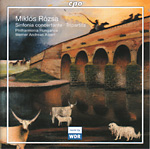
Miklós Rózsa’s 1958 Sinfonia concertante shares with his film music a certain epic sweep, with solo violin and cello acting as protagonists in some grand
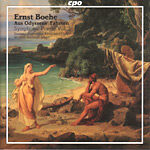
Ernst Boehe’s late-romantic, post-Wagnerian symphonic poems abound in rich harmonies and lush orchestral textures, with much declamatory and heroic writing for the brass. Part Four
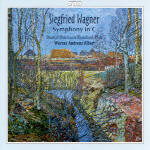
This seven-CD box gathers together the complete orchestral music of Wagner’s hapless son Siegfried, an amiable composer of modest gifts who spent his life like

Though subtitled “In the Alps”, Joachim Raff’s 1875 Symphony No. 7 is not an explicitly programmatic work in the manner of Richard Strauss’ Alpine Symphony
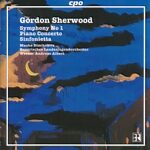
American composer Gordon Sherwood had an auspicious beginning: at only age 26 his music was performed at a broadcast concert by Dmitri Mitropolous and the
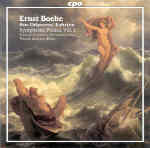
German composers seem duty-bound to write “Tragic Overtures” and “Tragic Symphonies”, and so far only Brahms and Mahler (in their very different ways) have succeeded
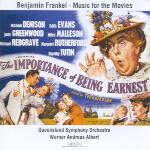
British-born composer Benjamin Frankel was perfect for Hollywood: he could write music to evoke a wide range of emotions, and could do it quickly. Aside
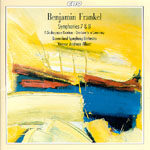
Bernard Frankel (1906-73) had major careers in both film and concert music. In the former, he is best known for his score to the classic
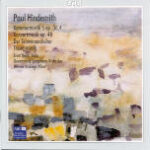
From 1919 on, Paul Hindemith’s instrument of choice as a performer was the viola, and this CD presents the “Viola Concertos” that he wrote for
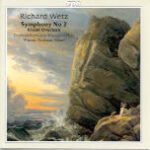
Richard Wetz (1875 — 1935) was a provincial composer in the truest sense of the word, comfortably writing music in the accepted German forms, using
![]()
